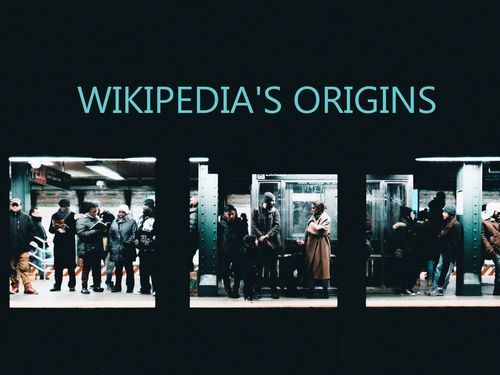The brilliant article that inspired Wikipedia
Jul 08, 2020 · 8 mins read
0
Share

What’s the best way to organize a society?
An economy planned or directed by government tends to lead to inefficient allocation of resources. The life choices of individuals are also narrowed according to state-defined goals. Therefore, a true democracy must be based on a free market economy.
Save
Share
So argued Austrian economist Friedrich Hayek in The Road To Serfdom (1944). The book made Hayek famous, but a 5000-word article he wrote for the American Economic Review the following year, “The Use of Knowledge in Society”, is now equally influential.
Save
Share
Every economic system begins with access to information, which allows for judgements about how best to allocate resources. The problem? No single person ever has access to all the necessary info that leads to good solutions and decisions.
Save
Share
Knowledge is dispersed throughout society, in an unorganized way, in thousands of sources and in the minds of millions of individuals. Therefore, Hayek said, there can never be one best solution that fits all of society, only millions of solutions.
Save
Share
Hayek’s thinking seemed radical at the time. After all, weren’t the socialist states of his day like the USSR growing quickly? They had central planning boards and five year plans, in contrast to the randomness of capitalism.
Save
Share
In fact, state ownership and centralized pricing in Soviet Russia led to shortages or overproduction. The state could never get complete information to make correct planning decisions. And there was little innovation because risk-taking entrepreneurs could not get rich from a new idea or product.
Save
Share
All societies and their citizens are involved in planning their futures, but the question is who does the planning. Wouldn’t it be better to have a system of competition in which the best ideas, products and services come to the fore?
Save
Share
To put it another way, should we trust the experts, which seems logical, or take a leap in the dark and trust the general public?
Save
Share
In reality, Hayek says, only some knowledge is scientific and objective, and therefore able to be centralized. A lot of knowledge is personal and local, yet no less socially useful for this. The local knowledge of the real estate agent or the financial trader is not ‘scientific’, but it drives the economy.
Save
Share
This kind of “unorganized knowledge” is not given much respect compared to theoretical, technical or scientific knowledge, but if society is to achieve optimal use of resources it is just as necessary.
Save
Share
0